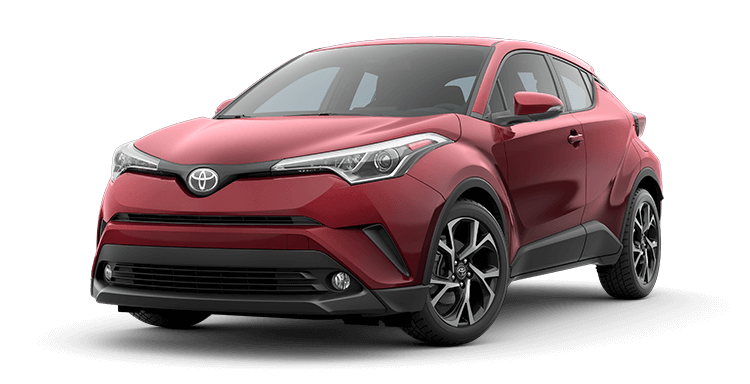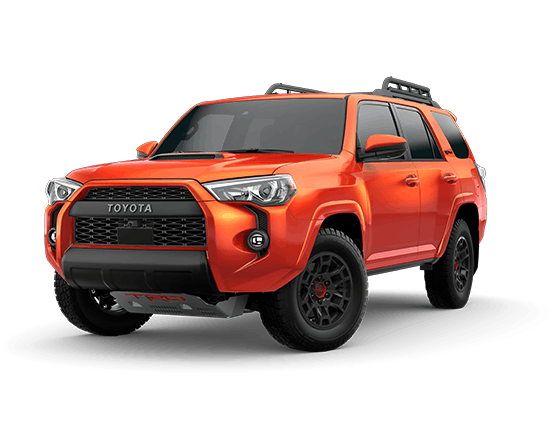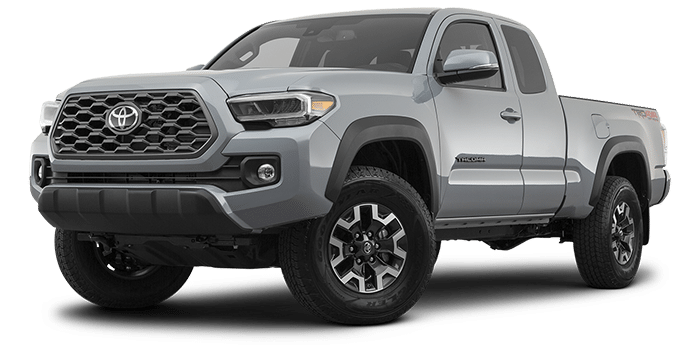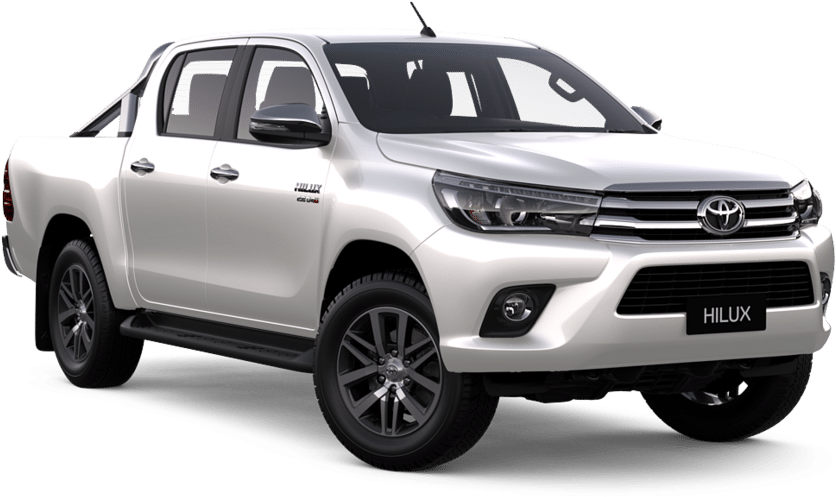The oil capacity of a Toyota Land Cruiser will depend on the model year, engine size, and whether it has a filter change or not. Here are some general guidelines:
- For a 2007-2019 Toyota Land Cruiser with a 5.7-liter engine and filter change: 7.2-8.5 quarts (6.8-8.0 liters).
- For a 1998-2006 Toyota Land Cruiser with a 4.7-liter engine and filter change: 7.2-7.8 quarts (6.8-7.4 liters).
- For a 1990-1997 Toyota Land Cruiser with a 4.5-liter engine and filter change: 6.9 quarts (6.5 liters).
Links To The Best Engine Oil For Toyota Land Cruiser:
Toyota Land Cruiser V8 Engine Oil Capacity
The oil capacity for a Toyota Land Cruiser V8 engine varies depending on the model year and whether there’s a filter change. For a 2008-2019 Land Cruiser with a 5.7-liter V8 engine and a filter change, the recommended oil capacity is 7.9 quarts. It’s important to follow the owner’s manual or seek advice from a certified Toyota technician to ensure the correct oil capacity.
For the 2020-2022 Land Cruiser, there’s no 5.7-liter V8 engine available. Instead, it comes with a 4.0-liter 1GR-FE engine with an oil capacity of 6.45 quarts (6.1 liters).
Read Also: Toyota Land Cruiser transmission fluid capacity
2022 2023 Toyota Land Cruiser Engine Oil Capacity

For the 2022-2023 Toyota Land Cruiser, the engine oil capacity and recommended oil viscosities vary depending on the engine type. Here are the details:
4.0L V6 Engine (1GR-FE):
- Engine Oil Capacity with Filter: 6.45 quarts (or 6.1 liters)
- Recommended Oil Viscosity: 0W-20
3.4L V6 Engine (V35A-FTS):
- Engine Oil Capacity with Filter: 7.7 quarts (or 7.3 liters)
- Recommended Oil Viscosity: 0W-20
3.3L V6 Diesel Engine (F33A-FTV):
- Engine Oil Capacity with Filter: 7 quarts (or 6.6 liters)
- Recommended Oil Viscosity: 5W-30 (for non-Euro)
| Engine | Engine Oil Capacity (with filter) | Oil type |
| 4.0L 1GR-FE | 6.45 quarts (6.1 liters) | 0W-20 |
| 3.4L V35A-FTS | 7.7 quarts (7.3 liters) | 0W-20 |
| 3.3L F33A-FTV diesel | 7 quarts (6.6L liters) | 5W-30 (for non-Euro) |
Read Also: 2023 Toyota Land Cruiser oil capacity
It’s important to note that the diesel engine variant (F33A-FTV) recommends a different oil viscosity of 5W-30 for non-European models.
Always consult the vehicle’s owner’s manual or a professional mechanic for your Toyota Land Cruiser’s specific oil recommendations and capacities.
How Much Oil Does a Toyota Land Cruiser Take?
The 2021 Toyota Land Cruiser with the 5.7L 8-cyl engine (engine code 3UR-FE) takes 7.9 quarts (with filter) of 0W-20 synthetic oil. The Toyota Land Cruiser with a 4.7L 4-cyl engine (engine code 2UZ-FE) takes 7.2 quarts (with filter) of 5W-30 synthetic oil. A new oil filter and a crush washer are required.
2007 2008 2009 2010 2011 2012 2013 2014 2015 2016 2017 2018 2019 2020 2021 Toyota Land Cruiser Engine Oil Capacity
For various years of the Toyota Land Cruiser, the engine oil capacity and recommended oil viscosities are as follows:
2007-2021 Toyota Land Cruiser:
5.7L V8 Engine (3UR-FE):
- Engine Oil Capacity with Filter: 7.5 liters (or 7.9 quarts)
- Recommended Oil Viscosity: 0W-20
4.7L V8 Engine (2UZ-FE):
- Engine Oil Capacity with Filter: 6.8 liters (or 7.2 quarts)
- Recommended Oil Viscosity: 5W-30
4.6L V8 Engine (1UR-FE):
- Engine Oil Capacity with Filter: 8 liters (or 8.5 quarts)
- Recommended Oil Viscosity: 0W-20
| Engine | Engine Oil Capacity with filter | Oil Type |
| 5.7L 8-cyl Engine 3UR-FE | 7.5 liters (7.9 quarts) | 0W-20 |
| 4.7L 8-cyl Engine 2UZ-FE | 6.8 liters (7.2 quarts) | 5W-30 |
| 4.6L 8-cyl Engine 1UR-FE | 8 liters (8.5 quarts) | 0W-20 |
Please note that the engine oil capacity and recommended oil viscosity can vary depending on the specific model year and trim level of your Toyota Land Cruiser. It’s always best to consult the vehicle’s owner’s manual or a professional mechanic for the specific oil recommendations and capacities for your vehicle.
1998 1999 2000 2001 2002 2003 2004 2005 2006 Toyota Land Cruiser Engine Oil Capacity
For various years of the Toyota Land Cruiser from 1998 to 2006, the engine oil capacity and recommended oil viscosities are as follows:
1998-2006 Toyota Land Cruiser:
4.7L V8 Engine (2UZ-FE):
- Engine Oil Capacity with Filter: 6.8 liters (or 7.2 quarts)
- Recommended Oil Viscosity: 5W-30
4.5L 6-cylinder Engine (1FZ-FE):
- Engine Oil Capacity with Filter: 7.4 liters (or 7.8 quarts)
- Recommended Oil Viscosity: 10W-30 or 5W-30
| Engine | Engine Oil Capacity with filter | Oil Type |
| 4.7L 8-cyl Engine 2UZ-FE | 6.8 liters (7.2 quarts) | 5W-30 |
| 4.5L 6-cyl Engine 1FZ-FE | 7.4 liters (7.8 quarts) | 10W-30, 5W-30 |
Please note that the engine oil capacity and recommended oil viscosity can vary depending on the specific model year and trim level of your Toyota Land Cruiser. It’s always best to consult the vehicle’s owner’s manual or a professional mechanic for specific oil recommendations and capacities for your vehicle.
The Toyota Land Cruiser is a large SUV that has been in production since 1951. It is available in various engine sizes and configurations, and as such, the Engine Oil Capacity varies depending on the model.
The base model Land Cruiser has a 4.0L V6 engine with an Engine Oil Capacity of 6.45 quarts. The oil type recommended for this engine is 0W-20 synthetic.
What Kind Of Oil Does A Toyota Land Cruiser Take?
The recommended oil type for Toyota Land Cruiser is 0W-20 synthetic. The recommended oil type for diesel engines is 5W-30.
No matter what model Land Cruiser you have, using the correct oil type to keep your engine running properly is important. Using the wrong oil type can lead to premature wear and tear on your engine and can even void your warranty. Be sure to consult your owner’s manual or a certified Toyota dealer to determine what oil type is best for your Land Cruiser.
How Much Does It Cost To Change Oil In Toyota Land Cruiser?
The cost of an oil change for a Toyota Land Cruiser can also vary depending on location and the type of oil used. On average, an oil change for a Toyota Land Cruiser costs between $109 and $184. Typically, the cost includes approximately $38 for parts and $71 for labor. As with any vehicle maintenance, it’s advisable to check with local service providers for the most current rates.
How To Check Oil Level In Toyota Land Cruiser?
Regularly checking your oil level to keep your engine running properly is important. The oil dipstick is located on the driver’s side of the engine, near the front of the vehicle. Remove the dipstick and wipe it clean with a rag to check your oil level. Reinsert the dipstick all the way and then remove it again to check the oil level.
The oil should be between the “full” and “low” marks on the dipstick. If it is below the “low” mark, add more oil until it reaches the “full” mark. Be sure to use the correct oil type for your particular Land Cruiser model.
How Often Should I Change My Oil In Toyota Land Cruiser?
Changing your oil every 3,000 miles or six months is generally recommended. However, it is always best to consult your owner’s manual or a certified Toyota dealer to determine what is best for your particular Land Cruiser model.
Regularly changing your oil is important to keep your engine running properly. Be sure to use the correct oil type and follow the recommended intervals for changing your oil. Doing so will help ensure that your Land Cruiser will run smoothly for many years to come.
What is Synthetic-Blend Oil?
Synthetic-blend oil is a mixture of conventional and synthetic oils. The percentage of synthetic oil in the blend varies, but it is typically around 25%. Synthetic-blend oil is designed to provide some of the benefits of synthetic oil while being more affordable than true synthetic oil.
What is Full Synthetic Oil?
Full synthetic oil is 100% synthetic oil. It is designed to provide your engine’s best protection and is typically more expensive than a synthetic blend or conventional oil.
What Happens If You Don’t Change The Oil In Your Car?
If you don’t change the oil in your car, the engine will eventually become damaged. The oil will break down and become contaminated with dirt and debris. This will cause the engine to work harder, which will lead to premature wear and tear. Eventually, the engine will seize up and need to be replaced.
Changing your oil regularly is an important part of maintaining your car and keeping it running properly. Be sure to consult your owner’s manual or a certified mechanic to find out how often you should change your oil.
What Happens If I Put The Wrong Oil In My Car?
Using the wrong oil in your car can cause premature wear and tear on your engine. It can also void your warranty.
Be sure to consult your owner’s manual before changing your own oil. Incorrectly changing your oil can lead to serious damage to your engine.














